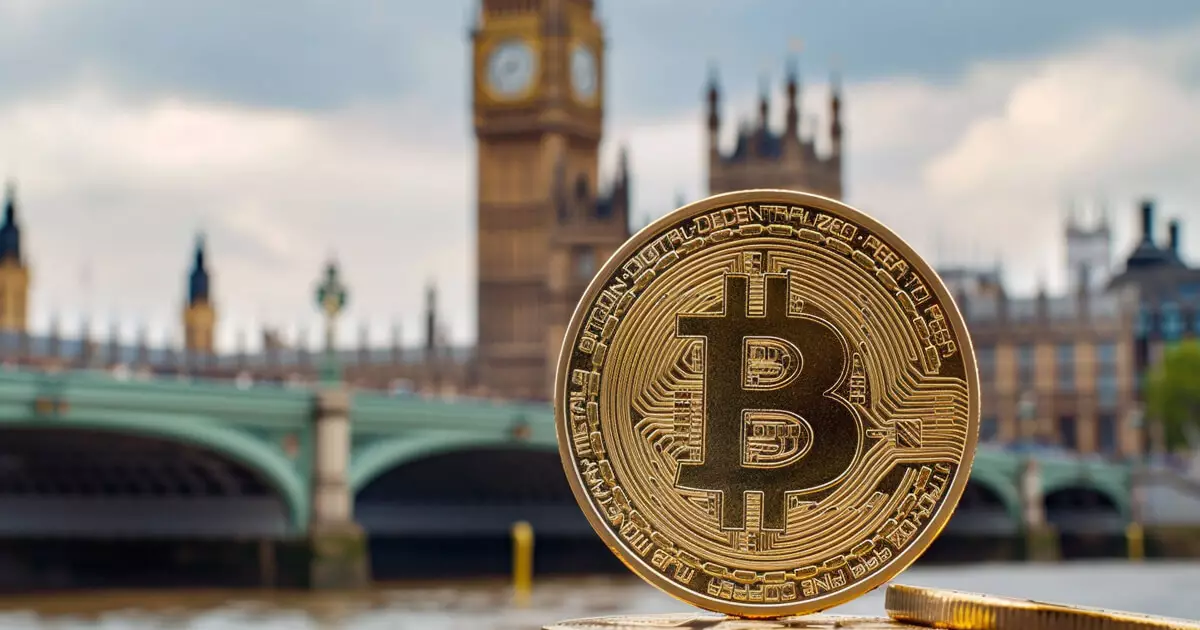The recent introduction of the Property (Digital Assets, etc.) Bill by the Law Commission of the United Kingdom Parliament marks a significant milestone in the realm of property law. This groundbreaking legislation seeks to recognize digital assets such as crypto, non-fungible tokens (NFTs), and carbon credits as personal property under British law. This move is aimed at providing clarity and protection for owners and companies in the fast-evolving digital landscape.
Justice Minister Heidi Alexander emphasized the importance of aligning the law with advancements in technology to safeguard against fraud and scams. By including digital assets within the scope of English and Welsh property law, the bill aims to enhance legal protections for individuals and businesses involved in complex property cases. Furthermore, the recognition of crypto assets as personal property opens up new opportunities for growth in the UK’s legal services industry, potentially attracting billions in investments.
The Law Commission’s report introduces a new legal category for digital assets, classifying them as “things to which personal property rights can relate”. This innovative approach enables these assets to be legally owned or transferred, akin to physical property. By refraining from imposing strict boundaries, the legislation remains adaptable to evolving technologies, ensuring that it can encompass a wide range of digital assets in the future.
One of the key strengths of the bill is its flexibility in defining digital objects. The Law Commission intentionally left room for interpretation, allowing for a broader application of the law as digital technologies continue to evolve. This forward-thinking approach ensures that the legal framework remains relevant and effective in addressing the complexities of digital assets, including potential future innovations beyond the current scope.
In addition to the proposed legislation, the Law Commission recommended the establishment of a multidisciplinary project to develop a comprehensive legal framework for crypto arrangements. This initiative aims to facilitate the interaction, operation, and enforcement of laws related to digital assets, ensuring that the UK remains at the forefront of the international legal industry.
The Property (Digital Assets, etc.) Bill heralds a new era in property law, as the UK takes proactive steps to recognize and regulate digital assets. By embracing innovation and flexibility, the legislation sets a precedent for other jurisdictions to follow suit in adapting to the digital age. As technology continues to shape our world, it is crucial for legal frameworks to evolve in tandem, providing certainty and protection for all stakeholders involved in the digital economy.


Leave a Reply